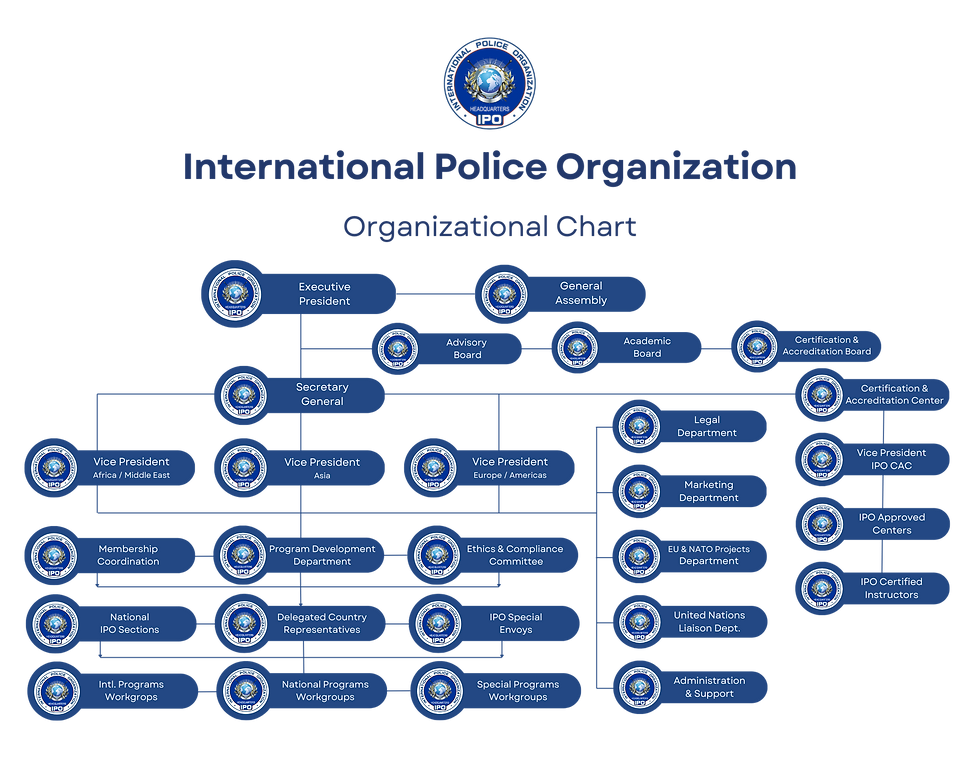The Hawala system
- May 14, 2021
- 4 min read

Although apparently different, the phenomenon of money laundering is often compared to that of terrorist financing. The main difference between the two is the origin of the proceeds. Money laundering indicates a predicate offense that produces illicit profit subsequently replaced or transferred within the legal economy. On the contrary, in the financing of terrorism, legitimate funds are used to increase illegal purposes, through economic-financial mechanisms.
According to the Central Intelligence Agency (CIA), frequently the terrorist, more specifically the al Qaeda movement, moves its finances through an Informal Value Transfer System, called hawala. The latter is effective both for a security issue, as it guarantees anonymity, and because it can be used in countries where traditional banking systems are lacking, such as in Afghanistan.
In particular, on 6 October 2001, the FATF (International Financial Action Group) was asked to broaden its recommendations on the issue of countering the financing of terrorism by approving IX Special Recommendations.
These recommendations, like the other 40, are not binding on the States participating in the FATF, but constitute an informal standard example.
The Action Group calls on States to " take measures to ensure that persons or legal entities, including intermediaries, who provide a service for the transmission of money or valuables, including transmission through a system or network transfer of money or informal securities, are authorized or registered and subject to all FATF recommendations that apply to banks and non-bank financial institutions.
Each country should ensure that persons or legal entities carrying out this service illegally are subject to administrative, civil or criminal sanctions.
Hawala is an Arabic word that means "transform" and indicates an alternative informal remittance system, based on trust, on the honor of the persons in charge of the transfer of money and is strongly rooted in the Islamic culture of the eighth century.
This instrument created to transfer funds for legitimate purposes was fundamental in the Middle Ages, as it facilitated commercial and financial transactions by reducing their risks.
Today the hawala is still considered legal in some states of Asia, the Middle East and North Africa. In Italy the hawala system is considered illegal pursuant to ex art. 132 of the T.U.B. which punishes anyone who carries out illegal financial activities.
The model is characterized by the presence of four actors, a payer, a beneficiary and two operators, the hawaladers, who occupy an intermediary position between those who want to transfer the money and those who receive it.
The profits of the two hawaladers derive from the commissions withheld for each completed transaction. If a person wishes to transfer funds to a foreign country without the risk of interception, he can contact the local operator, who will communicate the amount and the secret code to a relative in the recipient's country, who will receive the agreed amount. The sum paid to the recipient and the related commission will be repaid by the first informal broker according to variable times and means, at a later time.
The hawala system is mainly characterized by its versatility, being adaptable even in those countries where banking systems are lacking, due to the speed with which transactions are carried out, usually, they are concluded in 24 hours and lastly, it is characterized by anonymity. In fact, since this is an unofficial remittance system based on trust, the anonymity of the customer and the beneficiary are necessary for the correct execution of the operation.

The hawala in Italy
The use of the hawala, which is criminally relevant, can often integrate further criminal offenses, linked to the purpose of the transaction, the origin of the funds, and their destination, including the financing of terrorist organizations. Although considered illegal as confirmed by various sentences of the Supreme Court of Cassation, of particular importance is n. 2387/2019, several cases of use of this system have recently occurred in our country.
An example of this is the maxi operation conducted by the Economic-Financial Police Unit of Milan, called CASH AWAY, which allowed to break up a criminal association operating in Lombardy and abroad, which illegally carried out a money transfer activity illegal through the implementation of the hawala system "promoted and organized by two brokers of Egyptian origin and dedicated to the collection and transfer of huge financial resources of illicit origin, the laundering of money subject to the illegal provision of payment services, the issue and the use of invoices for non-existent transactions issued by ad hoc companies, thus violating the financial regulations in force in our legal system.
The hawala system constitutes a parallel economic circuit that escapes any form of control, making use of an informal flow that does not pass through banking channels.
The Financial Information Unit for Italy in the Annual Report 2018, defines the hawala as a money-laundering mechanism that is difficult to neutralize that serves to evade the origin of money, exploiting the vulnerabilities of the European system, the free movement enshrined in the Treaty on functioning of the European Union.
Criminal organizations that operate in the financing of terrorism are constantly evolving, for this reason tracing money within the financial system to trace its modus operandi is extremely difficult. As a result of the changing context in which they are applied, strategies to counter these organizations must also be continually updated.
This short work aims to highlight how much hawala and other similar systems can be the result of any type of activity, lawful or illegal; such systems, although insidious, are not considered infallible, in order to fragment them it would be appropriate to attack them by infiltrating them from the inside, in accordance with what happens in the field of organized crime.
To this end, collaboration between governments and intelligence services is indispensable, in order to stem the latent threats in the financial system.
Prepared by:
Oronzo Brai, Employee of the Guardia di Finanza ( Financial Police)
Member of IPO Section Italy





Comments